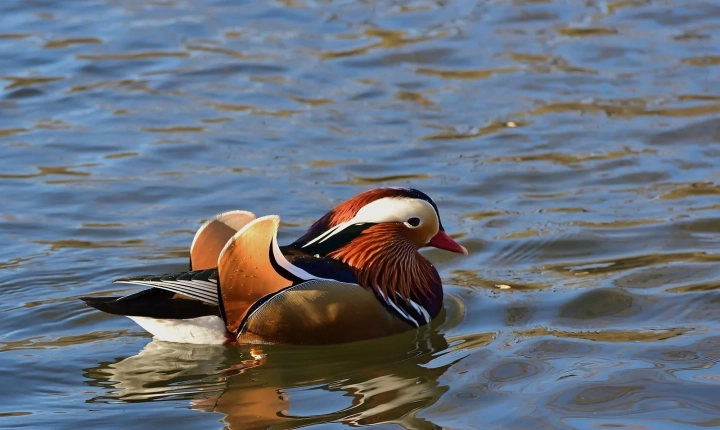Creating an AI headshot can be an exciting and engaging process. With the advancement of technology, it’s now possible to generate realistic and high-quality headshots using artificial intelligence (AI) algorithms. Whether you’re a digital artist, a content creator, or just someone who wants a fun and unique profile picture, learning how to create an AI headshot can be a valuable skill to have. In this article, we’ll explore the steps to create an AI headshot and discuss the tools and techniques involved in the process.
1. Choose the Right AI Platform:
The first step in creating an AI headshot is to choose the right AI platform. There are several online tools and applications that offer AI-generated headshots, such as Artbreeder, DeepArt, and This Person Does Not Exist. Each platform has its own unique features and capabilities, so it’s important to explore and experiment with different options to find the one that best suits your needs.
2. Collect Reference Images:
Once you’ve selected an AI platform, the next step is to collect reference images. These images can be of yourself or anyone else you’d like to create an AI headshot for. It’s important to choose high-quality and well-lit photos to ensure the best results. If you’re creating a headshot for a specific character or persona, gather images that reflect the desired aesthetic and features.
3. Experiment with Settings and Filters:
Most AI platforms offer a variety of settings and filters that allow you to customize the appearance of the generated headshot. These may include controls for gender, age, emotions, and other facial features. Take the time to experiment with different combinations of settings and filters to achieve the desired look. Some platforms also offer the ability to blend multiple images together, allowing for even greater control and customization.
4. Refine and Edit:
After generating the initial headshot, you can further refine and edit it to enhance the final result. This may involve adjusting the color balance, adding background elements, or applying additional effects to create a unique and polished image. Consider using photo editing software such as Adobe Photoshop or GIMP to fine-tune the AI-generated headshot and add your personal touch to it.
5. Understand Ethical Considerations:
While creating AI headshots can be fun and creatively stimulating, it’s important to consider the ethical implications of using AI-generated images. Take into account issues related to consent, rights to the generated images, and potential misuse of AI-generated content. Always respect the privacy and rights of others when using AI to create headshots, and strive to maintain transparency and honesty in your creative endeavors.
In conclusion, creating an AI headshot can be a rewarding experience for anyone interested in digital art, design, or photography. By choosing the right AI platform, collecting reference images, experimenting with settings and filters, refining and editing the generated headshot, and considering ethical considerations, you can produce a realistic and visually captivating AI headshot. So, if you’re looking to add an innovative twist to your digital artwork or social media profiles, consider exploring the exciting world of AI-generated headshots.
